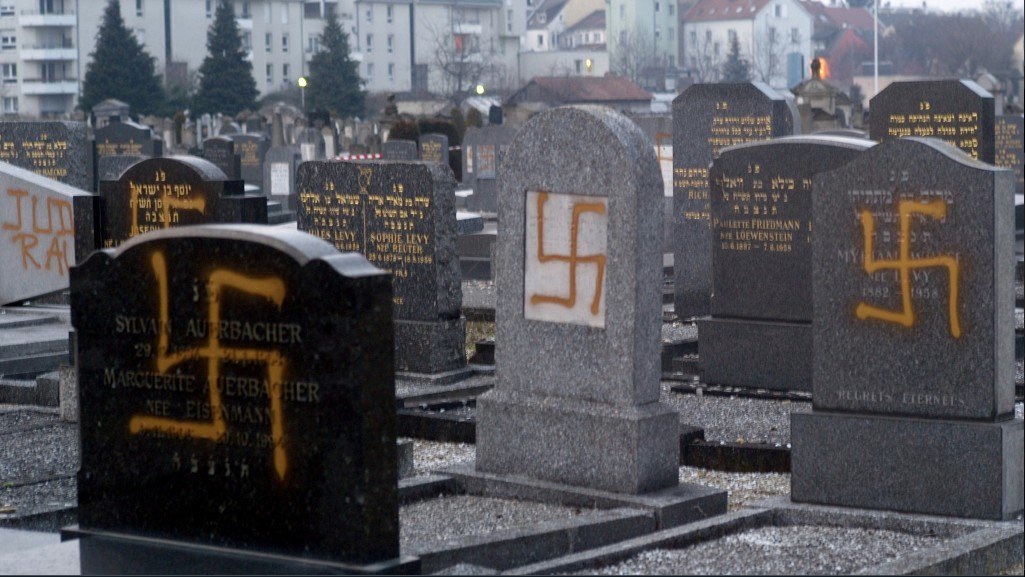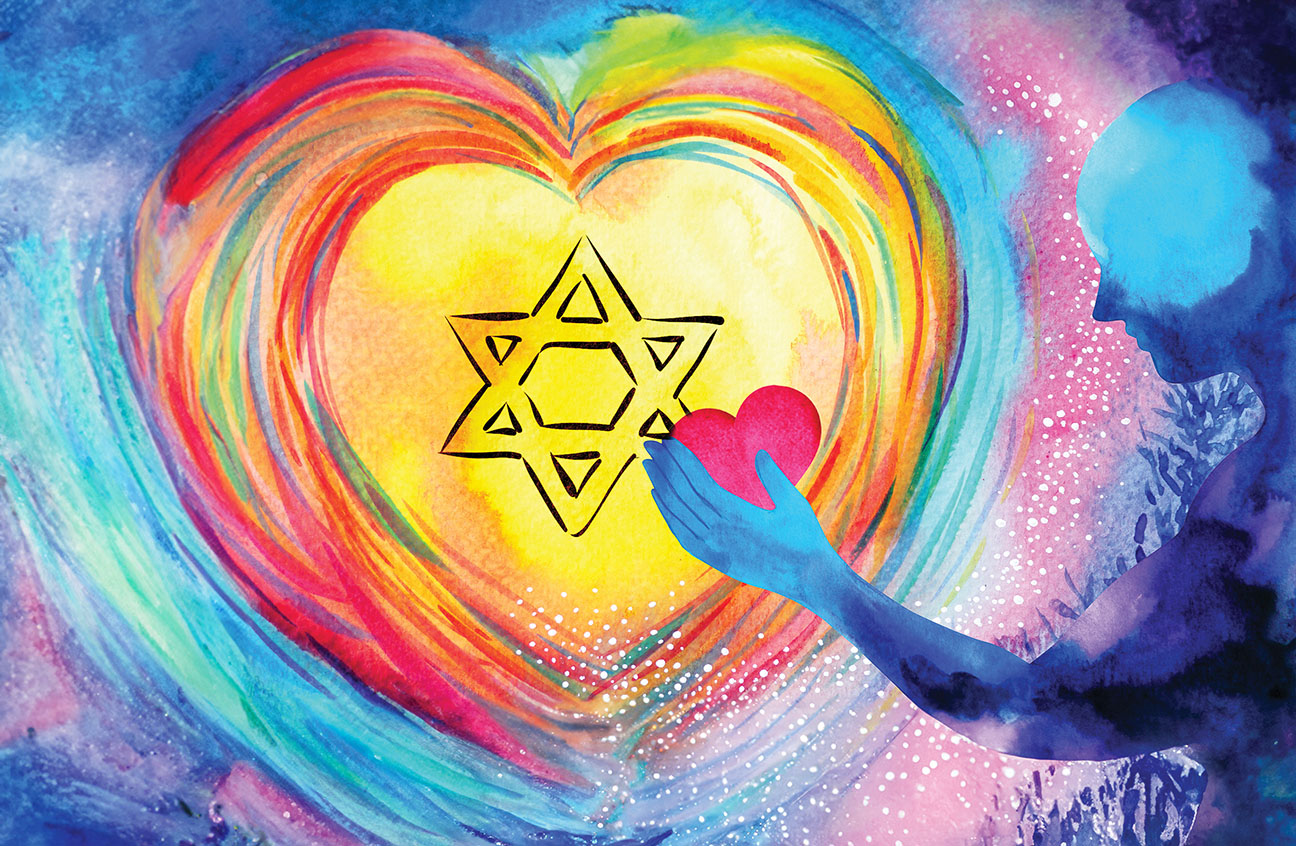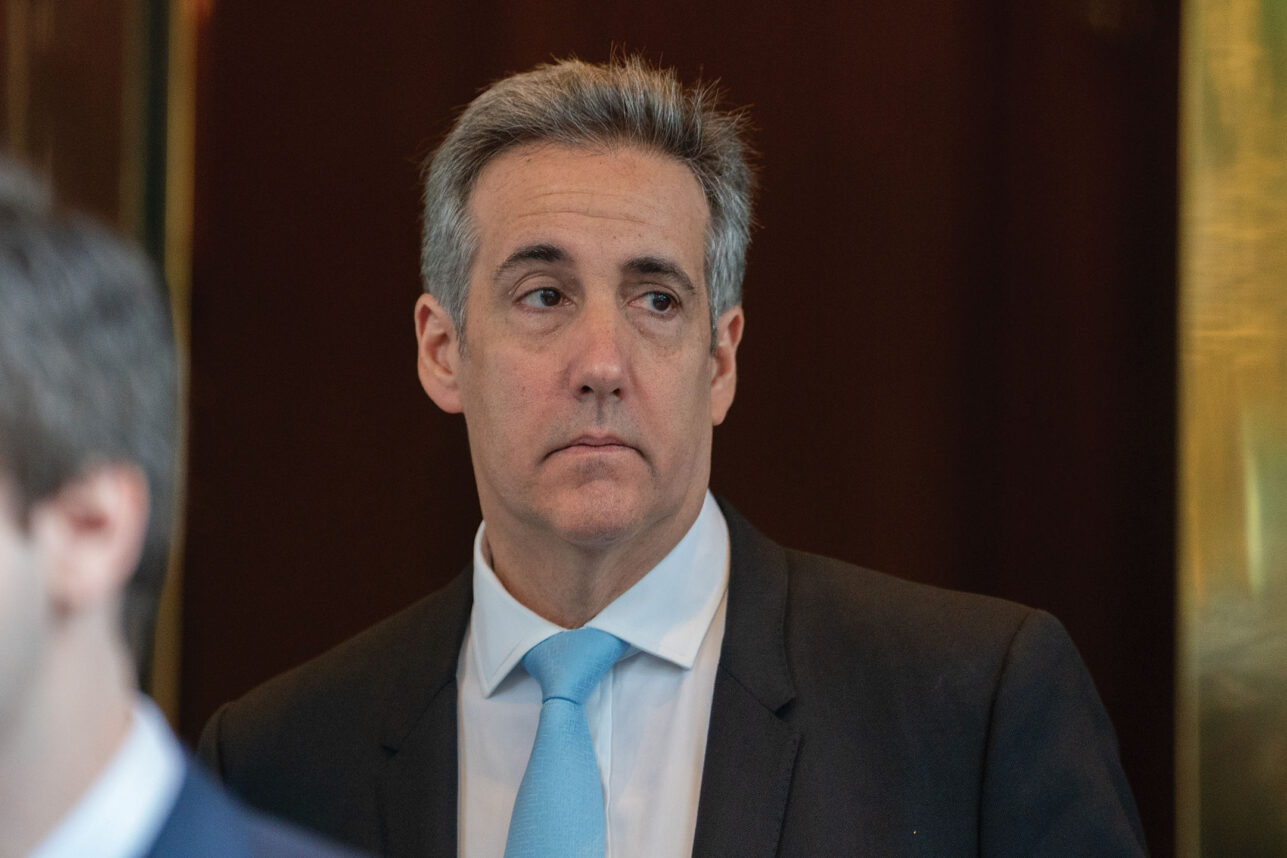 Image of national flags in front of United Nations headquarters. Photo by Stefan Cristian Cioata/ Getty Images
Image of national flags in front of United Nations headquarters. Photo by Stefan Cristian Cioata/ Getty Images On April 20, the American Jewish Committee (AJC) held a Zoom webinar discussing how countries historically have used the United Nations to promulgate anti-Semitism. However, AJC Jacob Blaustein Institute for the Advancement of Human Rights director Felice Gaer said she believes there are “glimmers of hope.”
Gaer said the United Nations General Assembly and Human Rights Council “have been unable to unambiguously condemn anti-Semitism. There’s no stand-alone resolution critical of it, or of specific anti-Semitic incidents.”
“[General Assembly] sessions have not resulted in the U.N. adopting resolutions on anti-Semitism, but they have clearly set the tone on the issue. A tone of concern and condemnation.” — Felice Gaer, director of Jacob Blaustein Institute for the Advancement of Human Rights
Instead, she said, nations have used the U.N. to pass resolutions “that reflect contemporary anti-Semitism of Israel in the way they characterize Israel and its actions.” She cited the passage of a 1975 resolution declaring that Zionism is racism, which was repealed in 1991. She also pointed to the 2001 U.N. World Conference Against Racism in Durban, South Africa, which featured a proposed declaration condemning “the racist practices of Zionism.”
In addition, Gaen referenced then-Iranian President Mahmoud Ahmadinejad’s 2009 speech at the U.N. Durban Review conference against racism in Geneva, Switzerland. During that speech, Ahmadinejad accused Western countries of using “military aggression to make an entire nation homeless on the pretext of Jewish sufferings. And they sent migrants from Europe, the United States and other parts of the world in order to establish a totally racist government in the occupied Palestine.”
In recent years, the General Assembly and Human Rights Council have passed resolutions condemning Israel more than any other country in the world, Gaer said.
However, she said there were reasons to be optimistic about the U.N. eventually being used as a body to fight anti-Semitism. As examples, she pointed to the General Assembly holding informal meetings addressing anti-Semitism in 2015, 2016 and June 2019.

“These sessions have not resulted in the U.N. adopting resolutions on anti-Semitism, but they have clearly set the tone on the issue,” Gaer said, “a tone of concern and condemnation.”
She backed up this claim, stating U.N. Secretary-General António Guterres has become an ally against anti-Semitism, pointing to Guterres saying in 2017 that those who deny Israel’s right to exist are engaging in anti-Semitism.
“[Guterres] has limited power to affect the conduct of governments, but he can still have an important effect on the behavior of the rest of the organization and on states’ conduct at the U.N.,” Gaer said.
She also touted U.N. Special Rapporteur on freedom of religion or belief Ahmed Shaheed’s September 2019 report on the rise of anti-Semitism worldwide. “This was the first U.N. human-rights report wholly dedicated to global anti-Semitism and looks further into the sources of anti-Semitism than any U.N. body has done previously,” Gaer said. “It clarifies that right-wing extremists are a source – but not the only source – of contemporary anti-Semitic expression and acts. He cites left-wing sources and Islamic extremist ones as well. This was new.”
The report also calls for nations to adopt the International Human Rights Association’s definition of anti-Semitism as an educational tool – the first U.N. report to do so, according to Gaer – and to establish envoys dedicated to fighting anti-Semitism.
After Shaheed presented his report to the U.N. General Assembly in October, the General Assembly unanimously adopted a resolution expressing appreciation for the report. Gaer argued the report has caused other U.N. human-rights experts to pay attention to anti-Semitism, citing the fact that in January, nine such experts joined Shaheed in a Holocaust Remembrance Day statement urging nations to protect the Jewish community from anti-Semitism.
Gaer concluded that despite the U.N.’s past record on anti-Semitism, there’s hope “that we are now turning a corner.”
“Our experience is that the U.N., when properly engaged by knowledgeable and able advocates, like staff of the Jacob Blaustein Institute, can be an ally,” she said.























 More news and opinions than at a Shabbat dinner, right in your inbox.
More news and opinions than at a Shabbat dinner, right in your inbox.